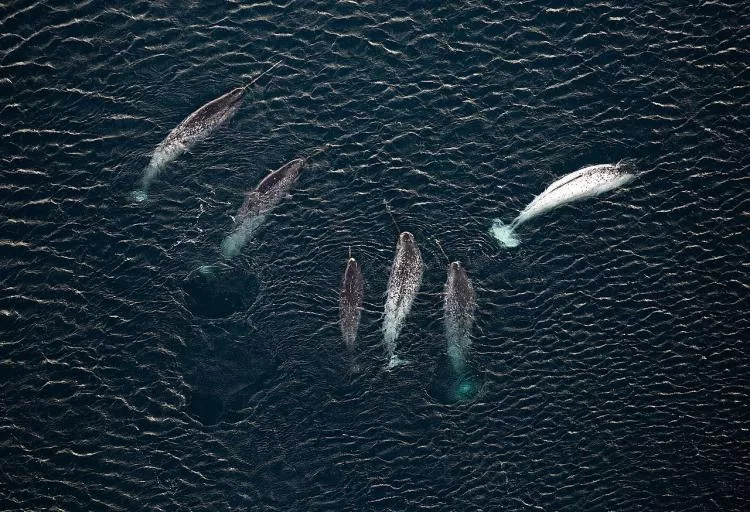Study Reveals Extended Lifespan in Menopausal Whale Species
New research reveals that menopausal female whales live significantly longer to support their offspring, offering insights into the evolutionary benefits of extended post-reproductive lifespans.
In an intriguing parallel to human biology, females of whale species which experience menopause have evolved extended lifespans, enabling them to support their offspring for longer, according to research by the University of Exeter, the University of York and the Centre for Whale Research.
The study focused on five whale species known to experience menopause. Menopausal female whales tend to live about 40 years longer than males of the same species, giving them extra years to care for their young and grandchildren.
Their menopausal state also eliminates the possibility of an "overlap" period in which they would have had to compete with their own female offspring by breeding and rearing calves.
Dr Sam Ellis, from the University of Exeter, said that evolution favoured traits and behaviours that allowed an animal to pass on its genes to future generations. “The most obvious way for a female to do this is to breed for the entire lifespan–and this is what happens in almost all animal species. There are more than 5,000 mammal species, and only six are known to go through menopause," he said.
How did menopause come about?
“So the question is: how and why did menopause evolve? Our study provides some of the answers to this fascinating puzzle.”
Only five toothed whales are known to experience menopause: short-finned pilot whales, false killer whales, killer whales, narwhals and beluga whales.
The research sought to find out why menopause evolved in these species, where the females generally lived twice as long as the males and also played a pivotal role in the family’s survival of their families by sharing food and knowledge, particularly in scarce conditions.
Only in very specific circumstances
According to Professor Darren Croft, from the University of Exeter, “The evolution of menopause and a long post-reproductive life could only happen in very specific circumstances.”
He explained that such a species would need a social structure in which the females spent their lives near their offspring and grand-offspring. In addition, the females had to have the means to improve the survival chances of the family, for example by sharing food and guiding the group to food sources when food was scarce.
Focus on multiple species
In contrast with previous studies on menopause evolution, the researchers chose multiple species. “This study is the first to cross several species, enabled by the recent discovery of menopause in multiple species of toothed whales,” said Professor Dan Franks, from the University of York.
He added, “Our study provides evidence that menopause evolved by expanding female lifespan beyond their reproductive years, rather than from reduced reproductive lifespan.”



























